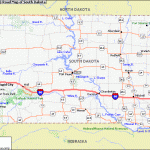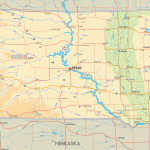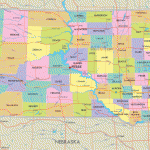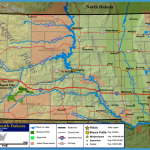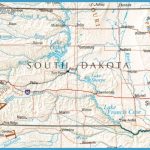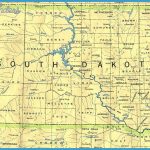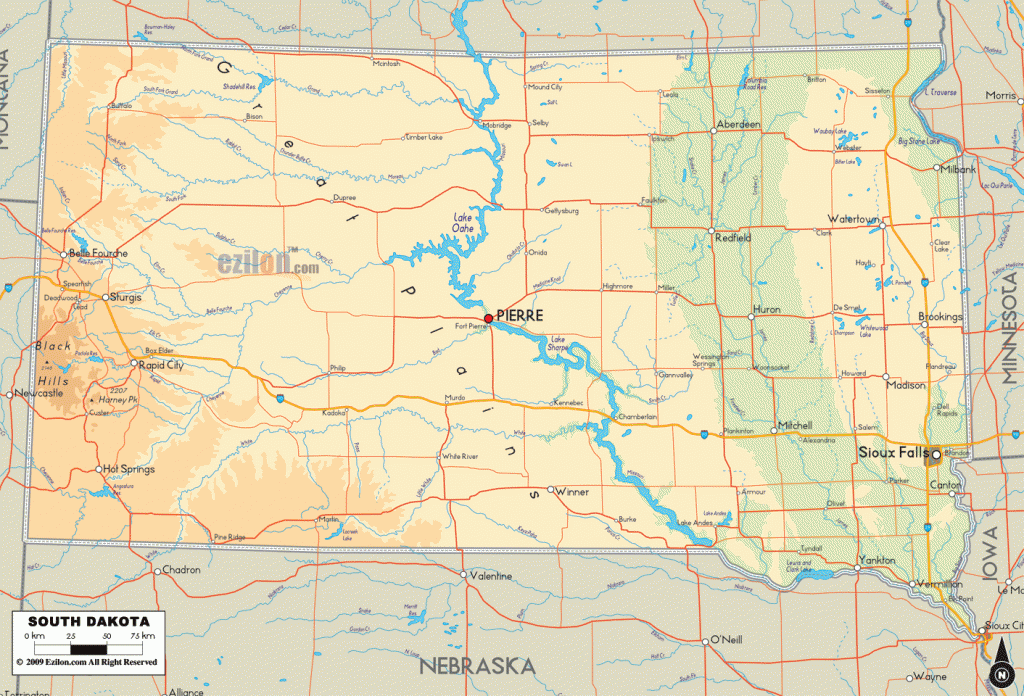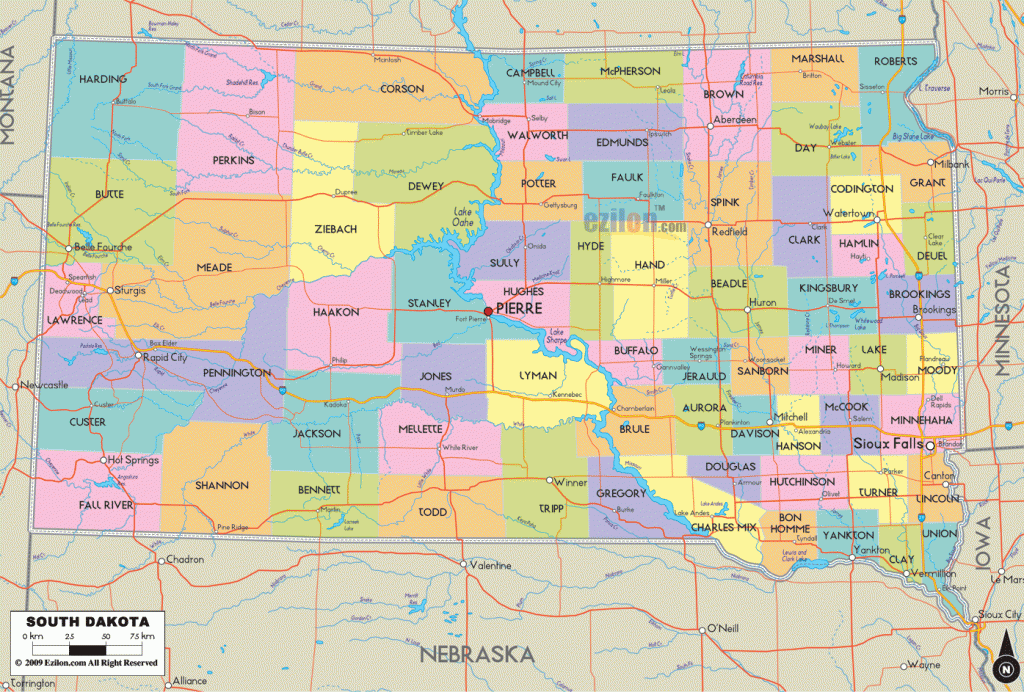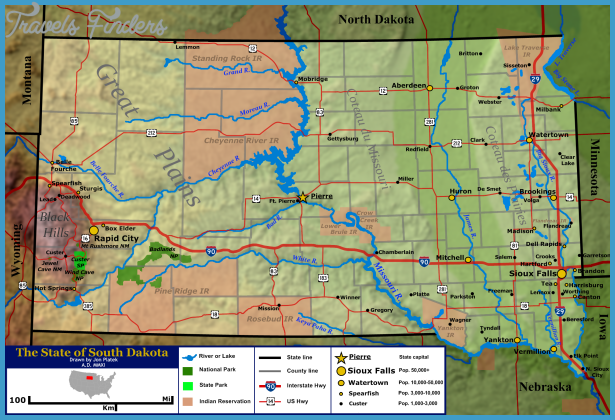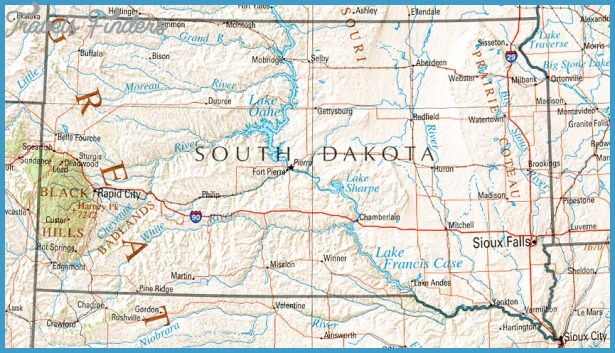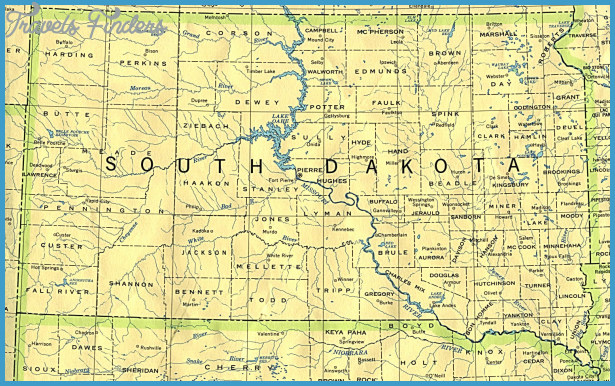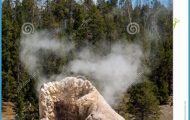HISTORICAL OVERVIEW
According to the 2000 census, there were 6,522 Latino workers in South Dakota out of 577,129, comprising 1.1 percent of the population. Found in almost every county in the state, Latinos work in virtually all sectors of the economy. In 1987 there were 32 Latino farm operators; in 1992, there were 66. In 1993 there were 951 migrants and their dependents in the field of agriculture, half of which worked in potato fields. There were also 102 migrants working in nurseries and greenhouses. As of 2006, 10 Latino police officers were serving in the state of South Dakota. At present, slightly more than 2 percent of South Dakotan businesses belong to minorities a number much lower than the national average of 14.6 percent.
In 2004 and 2005, there were 2,342 Latino students in South Dakota elementary and secondary schools out of a total of 122,798 students. Since the year 2000, there have been 12 certified teachers who are Latinos out of a total of 9,000. In the year 2000, Latino students represented 0.5 percent of university students, while Latino professors made up 1.3 percent of the faculty. By 2006, there were 283 Latino students in the system, accounting for 0.92 percent of the total student body, and Latino professors constituted 1.5 percent of the faculty. During the 2005-2006 academic year, 477 Latino students enrolled in the state university system.
The Latino community’s single greatest contribution in South Dakota is the countering of a decline in the state’s workforce. In 2000, the population of South Dakota was 744,844. It is estimated to grow to 800,462 by year 2030, an increase of some 45,618 individuals. While the population of the state is slowly increasing,
it is rapidly aging. By 2015 to 2025, the state will have 23,000 fewer people aged 25 to 64. From 2000 to 2005, the growth rate of the predominantly white population was 1.98 percent clearly insufficient to ensure the future viability of the region. During this period, however, the Latino population grew by 37.78 percent, and from 1990 to 2000, the Native American population increased by 23 percent. Native South Dakotans are now 8.5 percent of the population the third-highest count in the nation. Increasingly, the future of the state of South Dakota seems to lie with its native and Latino communities.

